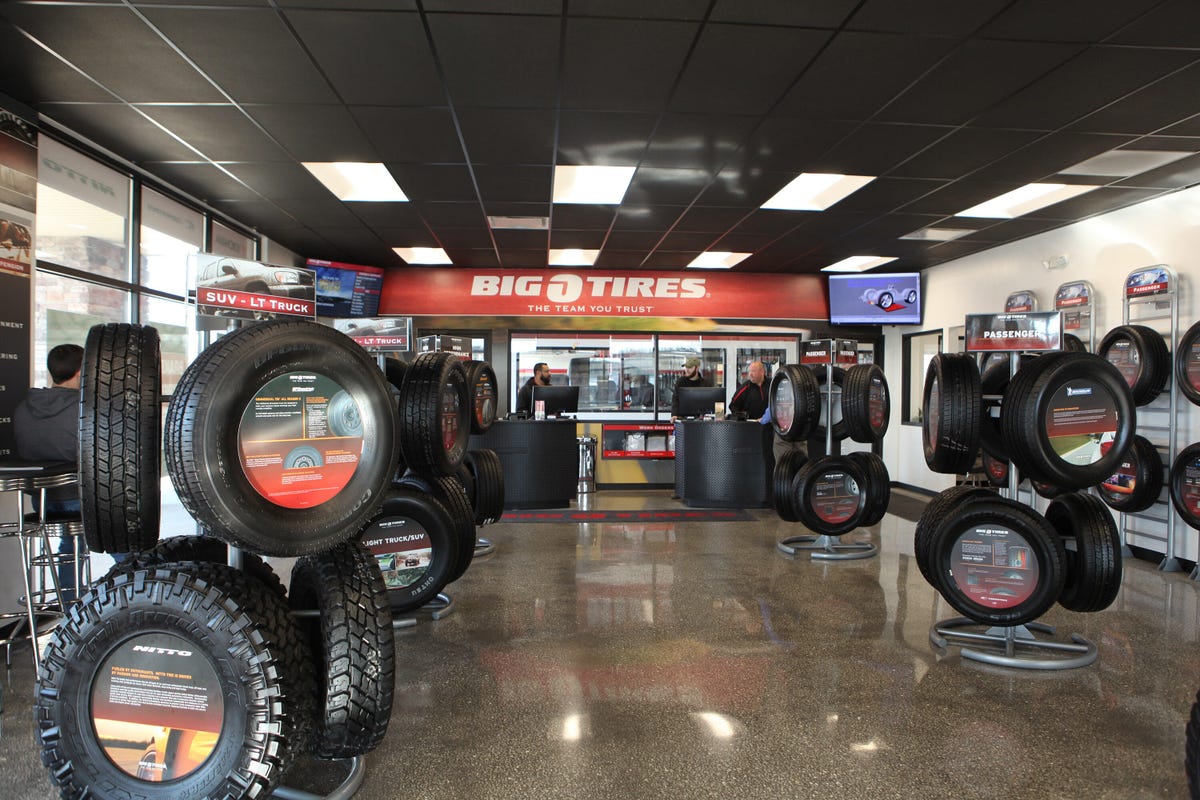Find the Best Tires Morris IL: Substantial Option Readily Available
Find the Best Tires Morris IL: Substantial Option Readily Available
Blog Article
Tire Service: Understanding Tire Stress Tracking Systems
Understanding Tire Pressure Tracking Equipments (TPMS) is a vital facet of maintaining optimum vehicle performance and safety on the road. With innovations in auto technology, TPMS has come to be a basic feature in modern vehicles, offering real-time info on tire pressure levels.

Importance of TPMS
The importance of Tire Pressure Surveillance Systems (TPMS) hinges on their capacity to boost lorry safety and security and efficiency through real-time surveillance of tire stress degrees. Preserving the right tire stress is critical for ensuring optimal handling, stopping, and total safety of a lorry. TPMS gives drivers with immediate feedback on any kind of overinflated or underinflated tires, allowing for prompt changes to be made.
Components of TPMS
Sensing units are normally situated in the tire shutoff stem or affixed to the wheel assembly, where they measure tire stress and transfer information to the control component. Some advanced TPMS versions likewise show the actual tire stress analyses for each tire, offering drivers with real-time information to ensure ideal tire performance and safety. By keeping track of tire stress continuously, TPMS aids stop mishaps, reduces tire wear, and enhances fuel performance, making it a crucial component for lorry security and efficiency. tire shop morris.
Kinds of TPMS

On the other hand, indirect TPMS relies upon the lorry's wheel rate sensors to check tire pressure. This system identifies underinflation by comparing the rotational speeds of the wheels. Indirect TPMS is much less pricey than straight TPMS, as it makes use of existing sensors within the automobile.
While straight TPMS provides a lot more precise analyses, indirect TPMS is simpler in layout and usually needs much less maintenance. Both systems have their advantages and constraints, and the selection in between them usually depends on aspects such as expense, automobile make, and individual preference. Comprehending the distinctions in between these 2 kinds of TPMS can aid automobile owners make educated decisions relating to tire upkeep and safety.
TPMS Upkeep Tips
Reliable maintenance of TPMS is crucial for ensuring optimum efficiency and safety of your vehicle. Consistently checking the TPMS sensors for any kind of damage or corrosion is important. Ensure that the sensing units are clean and free from debris that could conflict with their performance. In addition, it is recommended to examine the sensor batteries periodically and replace them as needed to ensure accurate readings. Conduct routine look at the tire stress levels and compare them with the TPMS analyses to ensure they are regular. If there are any kind of disparities, recalibrate the system complying with the supplier's standards. Throughout tire turning or replacement, make sure that the TPMS elements are taken care of thoroughly to avoid any kind of possible damages. If the TPMS cautioning light brightens on the dashboard, deal with the issue immediately by inspecting the tire stress and the total system for any kind of mistakes. By sticking to these upkeep pointers, you can extend the life-span of your TPMS and enhance the safety and security of your driving experience.
Advantages of Correct Tire Stress
Keeping correct tire stress, as stressed in TPMS Maintenance Tips, is important for reaping the numerous benefits connected with optimal tire stress levels. Among the main advantages of maintaining the correct tire pressure is boosted fuel performance. When tires are correctly blown up, there is less rolling resistance, causing better fuel economy. Additionally, appropriate tire pressure makes sure also tire wear, expanding the lifespan of the tires and advertising safer driving problems. With the appropriate tire stress, lorries also have better handling and grip, especially in damaging climate conditions. This can enhance overall Homepage driving efficiency and safety for the vehicle driver and passengers. Preserving optimal tire pressure can contribute to a smoother and extra comfy experience by decreasing resonances and sound triggered by underinflated tires. To conclude, the advantages of correct tire stress exceed simply tire durability; they incorporate boosted fuel effectiveness, enhanced safety and security, much better vehicle performance, and general driving convenience.
Conclusion
In verdict, recognizing tire stress monitoring systems (TPMS) is crucial for preserving optimal tire pressure and ensuring automobile safety and security. By identifying the relevance of TPMS, knowing with its elements, knowing the various kinds offered, sticking to proper upkeep tips, and realizing the advantages of maintaining proper tire pressure, chauffeurs can boost their driving experience and lengthen the lifespan of their tires. Correct tire pressure is vital to secure and efficient lorry operation.

Report this page